Four Probe Experiment, DFP-02 (Basic Model)
Product Details:
- Weight 20 Kg Kilograms (kg)
- Color Grey
- Material Electronics
- Usage Laboratory Experiment
- Application Laboratory Experiment
- Display Type Digital
- Click to View more
Four Probe Experiment, DFP-02 (Basic Model) Price And Quantity
- 1 Set
Four Probe Experiment, DFP-02 (Basic Model) Product Specifications
- Grey
- Digital
- 20 Kg Kilograms (kg)
- Electronics
- Laboratory Experiment
- Laboratory Experiment
Four Probe Experiment, DFP-02 (Basic Model) Trade Information
- Cash Against Delivery (CAD), Cash on Delivery (COD), Cash Advance (CA), Cash in Advance (CID), Cheque, Delivery Point (DP), Telegraphic Transfer (T/T)
- 100 Set Per Month
- 1 Week
- Contact us for information regarding our sample policy
- Complete in all respect
- Asia, Australia, Central America, North America, South America, Eastern Europe, Western Europe, Middle East, Africa
- All India
- ISO 9001: 2015 CE
Product Description
We manufacture, export and supply Four Probe Method to our customers in Roorkee, Uttarakhand, India. The Four Probe Method is one of the standard and most widely used method for the measurement of resistivity of semiconductors. The experimental arrangement is illustrated. In its useful form, the four probes are collinear. The error due to contact resistance, which is specially serious in the electrical measurement on semiconductors, is avoided by the use of two extra contacts (probes) between the current contacts. In this arrangement the contact resistance may all be high compare to the sample resistance, but as long as the resistance of the sample and contact resistances are small compared with the effective resistance of the voltage measuring device (potentiometer, electrometer or electronic voltmeter), the measured value will remain unaffected. Because of pressure contacts, the arrangement is also specially useful for quick measurement on different samples or sampling different parts of the same sample.

Price:
- 50
- 100
- 200
- 250
- 500
- 1000+
 English
English Spanish
Spanish French
French German
German Italian
Italian Chinese (Simplified)
Chinese (Simplified) Japanese
Japanese Korean
Korean Arabic
Arabic Portuguese
Portuguese
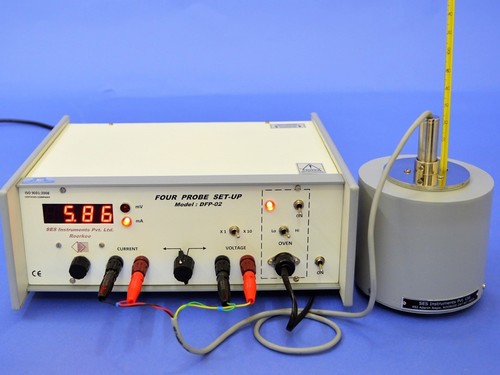
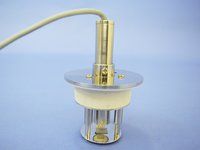
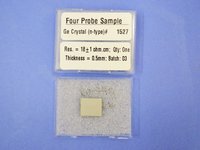
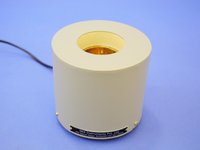




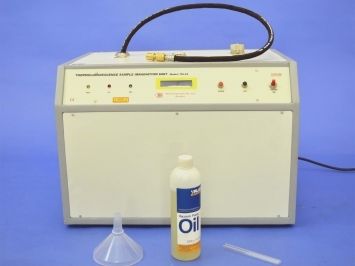



 Send Inquiry
Send Inquiry Send SMS
Send SMS
